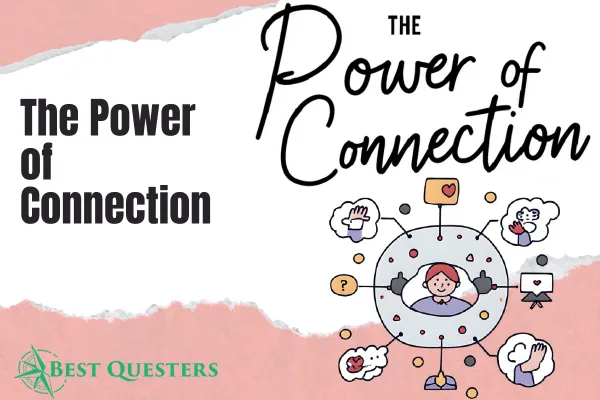New Blog Post
Teacher Wellness is the Key to Student Success


"Connecting is the mortar. It holds a community together, creating a safe space and increasing influence." —Debbie Simões We’ve spent this blog series exploring what it means to lead with connection, to see students as whole people, and to shift from managing to truly leading. Now, it’s time to bring it all together—with practical, powerful moves that create classrooms where students (and teachers) thrive. In High Five to Thrive, we describe these moments of connection as “small biggies”—seemingly small actions that have a disproportionately large impact. When consistently practiced, they transform classroom culture, build trust, and close the many gaps our students face: academic gaps, language gaps, behavior gaps, and—most importantly—connection gaps.

We all enter the classroom with a lens. Some call it perspective. Others call it mindset. In his famous Life Mastery Class, Dr. Srikumar Rao uses a term that digs a little deeper: mental models. Mental models are the beliefs we carry—often subconsciously—that shape the way we see our students, our colleagues, and even ourselves. They color how we interpret behavior, how we give feedback, and how we decide who deserves our time, trust, or patience. Let’s unpack how these invisible frameworks can either build bridges or create barriers. And when connection is the mortar of a thriving classroom culture, our mental models matter more than we realize.

Lesson plans. Emails. Grading. Meetings. Data. Deadlines. It can feel like everything is urgent, except the very thing that gives our work meaning—being that teacher remembered for a lifetime for believing in kids and making a real difference in their lives. At Best Questers we believe that teachers are far more than managers of behavior and content. They are visionaries, influencers, movers and shakers….leaders. We’re here to help you strengthen your leadership superpowers so you and your students come to school happy and positioned to thrive. Maybe you see leadership as something reserved for those with a title—or a corner office. Let’s flip the script.